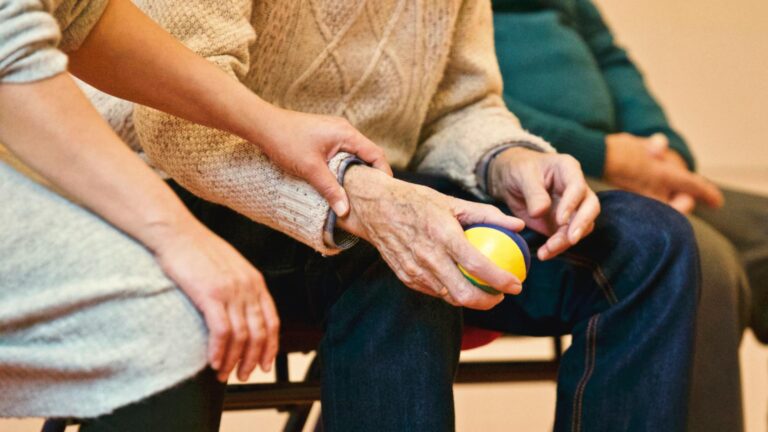Stress can indeed make cancer treatment less effective by negatively impacting the body’s immune system, interfering with treatment tolerance, and potentially influencing how cancer cells respond to therapy. When a person experiences stress—especially chronic or intense stress—it triggers a cascade of physiological changes that can undermine the effectiveness of treatments like chemotherapy, radiation, or immunotherapy.
To understand this better, it helps to look at what happens in the body under stress. Stress activates the release of hormones such as cortisol and adrenaline. While these hormones are useful in short bursts for “fight or flight” responses, prolonged elevation can suppress immune function. The immune system plays a crucial role in fighting cancer cells and supporting recovery during treatment. When immunity is weakened by stress hormones, the body’s ability to attack tumor cells diminishes.
Moreover, stress often leads to psychological conditions like anxiety and depression which are common among cancer patients. These emotional states not only reduce quality of life but also affect physical health by disrupting sleep patterns and appetite—both vital for healing and maintaining strength during treatment cycles. Poor sleep caused by anxiety or worry further impairs cognitive function (sometimes called “chemo brain”) and reduces resilience against side effects from treatments.
Another important factor is that high levels of stress may influence cellular environments within tumors themselves. Some research suggests that stressful conditions might alter how tightly DNA is packed inside cancer cell nuclei (chromatin packing), which could affect how well chemotherapy drugs penetrate tumor cells or how resistant those cells become over time.
On top of biological impacts, stress affects behavior: people under heavy emotional strain might struggle with medication adherence or attending appointments consistently; they may neglect nutrition or physical activity—all factors that contribute indirectly but significantly to treatment success.
Fortunately, interventions aimed at reducing psychological distress have shown promising results in improving outcomes for patients undergoing cancer therapy. Techniques such as cognitive behavioral therapy (CBT) help reduce anxiety and depression symptoms by teaching coping skills that restructure negative thought patterns while promoting healthier behaviors like regular sleep schedules and relaxation exercises.
Other complementary approaches include Emotional Freedom Techniques (EFT), mindfulness meditation, yoga, counseling support groups—all designed to lower emotional distress levels without adding drug burdens on already complex medical regimens.
By managing stress effectively:
– Immune function improves
– Treatment side effects become more tolerable
– Patients maintain better overall health status
– Psychological well-being enhances motivation toward self-care
This creates an environment where treatments have a higher chance of working optimally because both mind and body are better prepared for the challenges posed by aggressive therapies.
In summary — while cancer itself demands rigorous medical intervention — addressing mental health through targeted strategies is equally critical because untreated chronic stress undermines both biological defenses against tumors and patient engagement with their care plan. Reducing emotional burden supports stronger immunity; improves sleep quality; stabilizes mood; encourages healthy lifestyle choices; all contributing factors toward making cancer treatments more effective over time without necessarily changing drug protocols themselves.
Thus managing psychological distress isn’t just about feeling better emotionally—it has tangible benefits on physical healing processes essential for successful cancer therapy outcomes.





